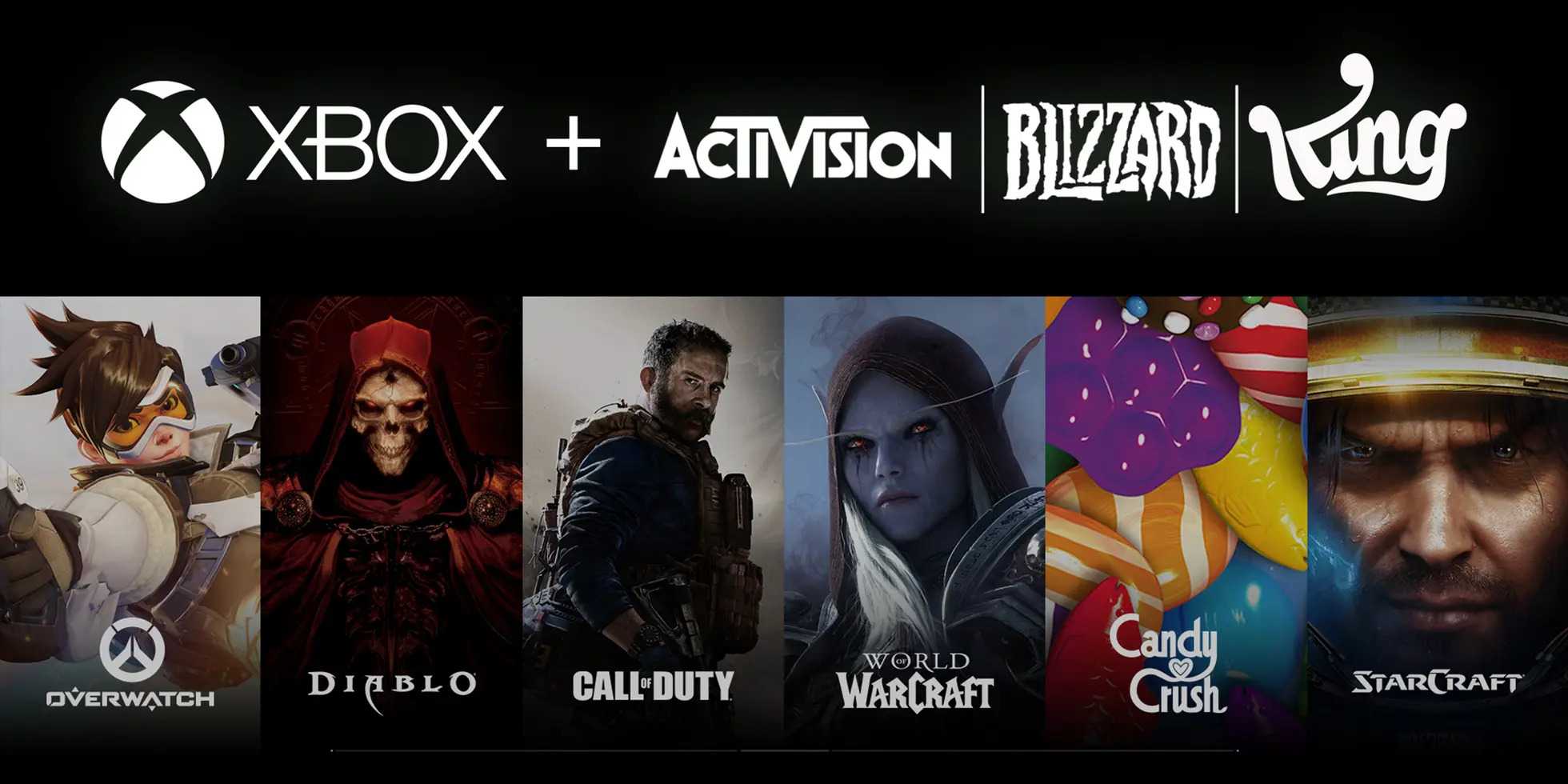Netflix is officially entering the video game space, according to a Bloomberg report. The streaming platform has hired Mike Verdu, a veteran of Electronic Arts, Kabam, and Zynga, to serve as vice president of game development. Netflix is currently the world’s leading streaming service, but its growth appears to be slowing down as the company added just four million subscribers in Q1 of 2021 as compared to 16 million during Q1 of 2020. Since the pandemic caused the world to largely stay inside, new interests were piqued across age groups, including playing video games and watching TV shows/movies more often.
Netflix CEO Reed Hastings once said that Fortnite was a bigger competitive threat to his company than HBO. In a 2018 shareholder letter, Netflix described how gaming hits like Fortnite, not so much other streaming services, take screen time away from Netflix. For comparison, while Netflix remains the most popular streaming service, at approximately 208 million subscribers in Q1 of 2021, there are numerous games with millions more players, including Fortnite, which has 350 million registered accounts.
The video game industry is a multibillion-dollar business (forecasted to reach approximately $180.1 billion in 2021), and there are no signs of its growth becoming stagnant any time soon. Netflix is hoping to create new interest in the platform by introducing gaming as an additional revenue stream. Netflix’s primary revenue stream is from its monthly subscribers, which gives the streaming giant room to grow if it can properly diversify its offerings. Companies like Disney and NBCUniversal have multiple ways of making money, such as theme park rides, theatrical releases, and cable television, and both companies also released streaming services in the last few years, Disney+ and Peacock.
According to Interpret’s New Media Measure®, Netflix performed well gaining new subscribers among Baby Boomers (aged 55+) who are also gamers, seeing an increase of five percentage points from Q1 of 2020 to Q1 of 2021. For those who may not be as technologically savvy as Gen Z or Millennials, adding video games to a familiar user interface like Netflix could be more appealing, allowing Netflix to potentially bolster their subscriber base with older gamers that also spend time watching TV more frequently.
At this point, however, there are more questions than answers around Netflix’s approach. What we do know so far is that the company will first focus on mobile, its games (based on existing IP for its shows and films) won’t promote in-game ads or microtransactions, and gaming will be included for subscribers at no extra cost. The world has already seen tech giants like Amazon and Google struggle mightily in their video game pursuits. Could the “Netflix of Games” actually be Netflix?







